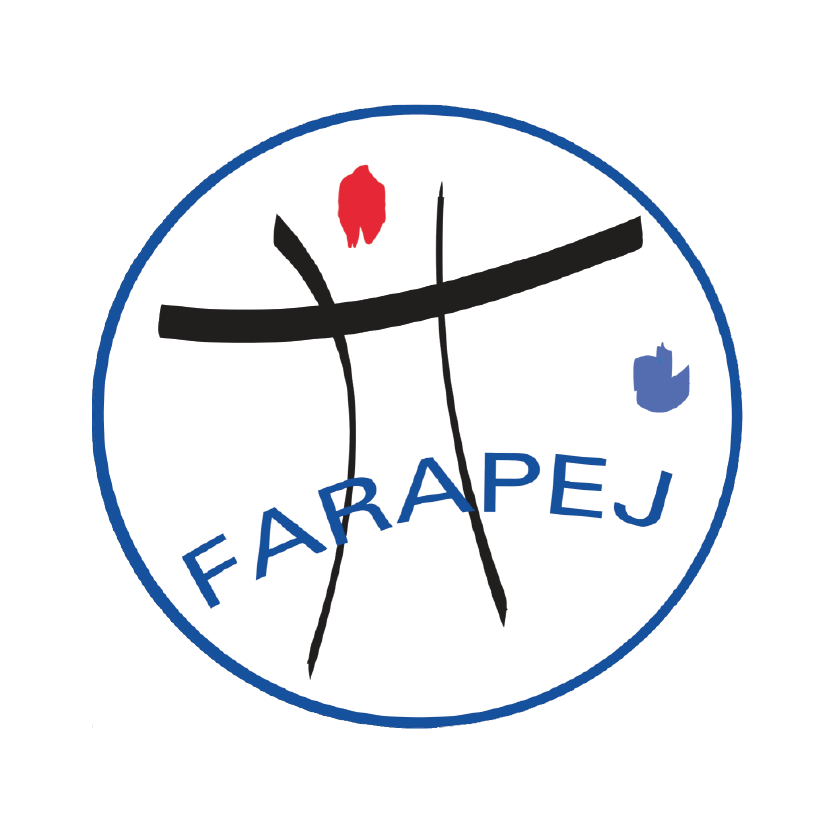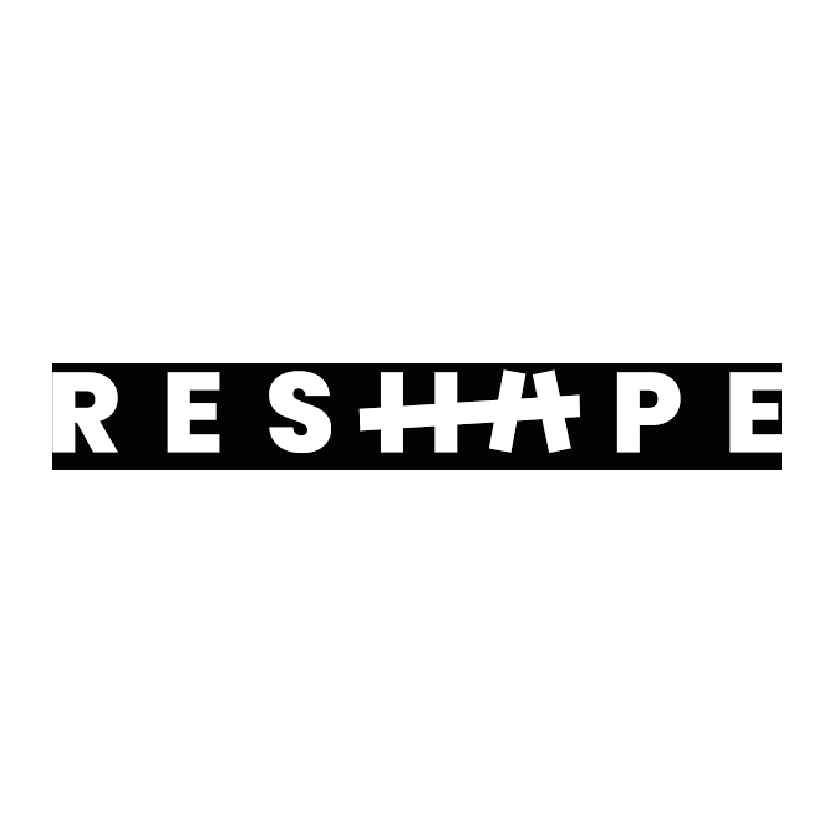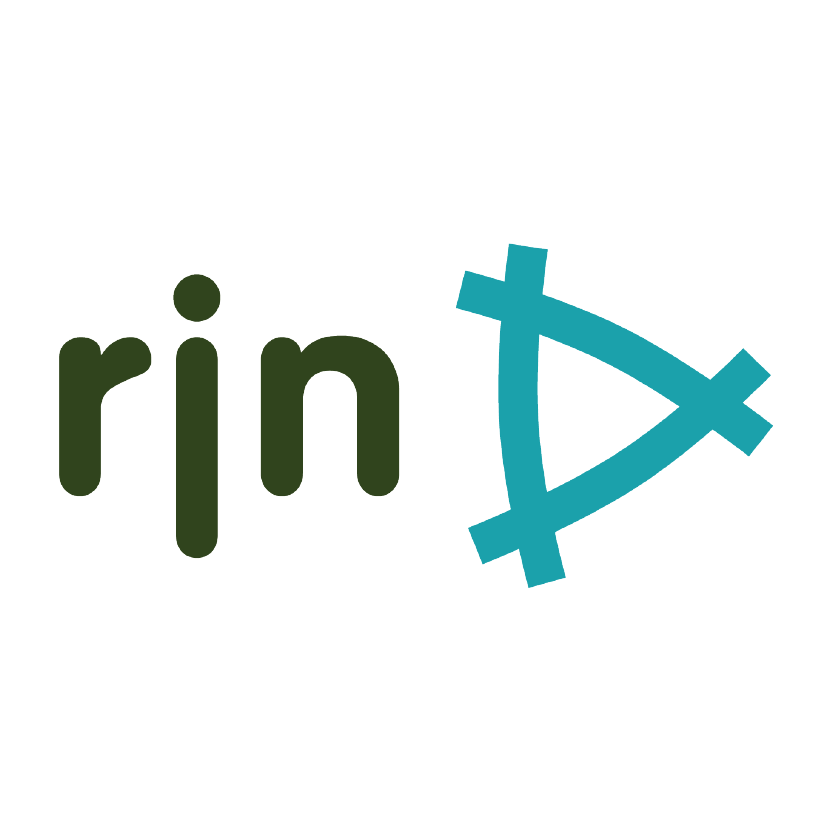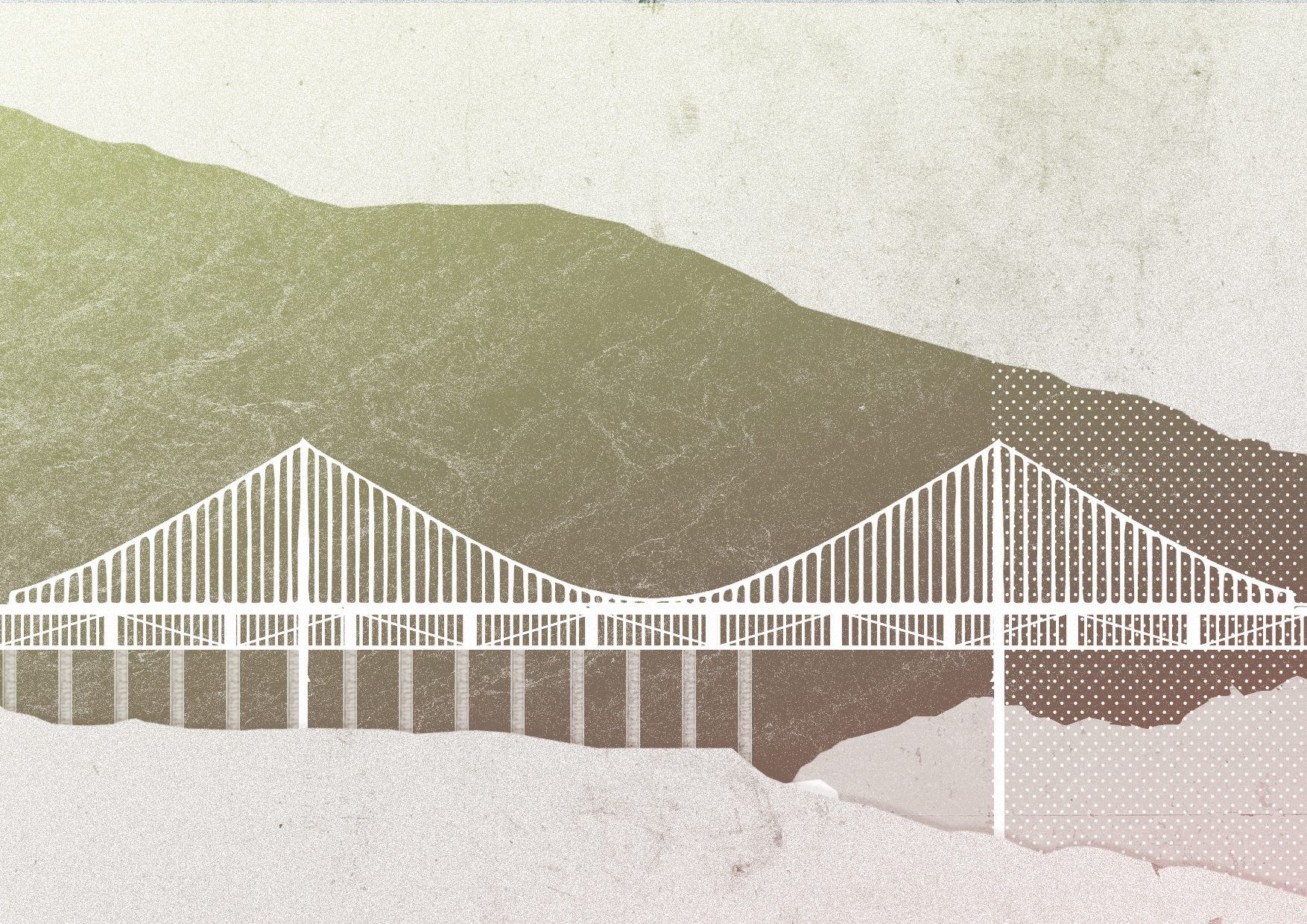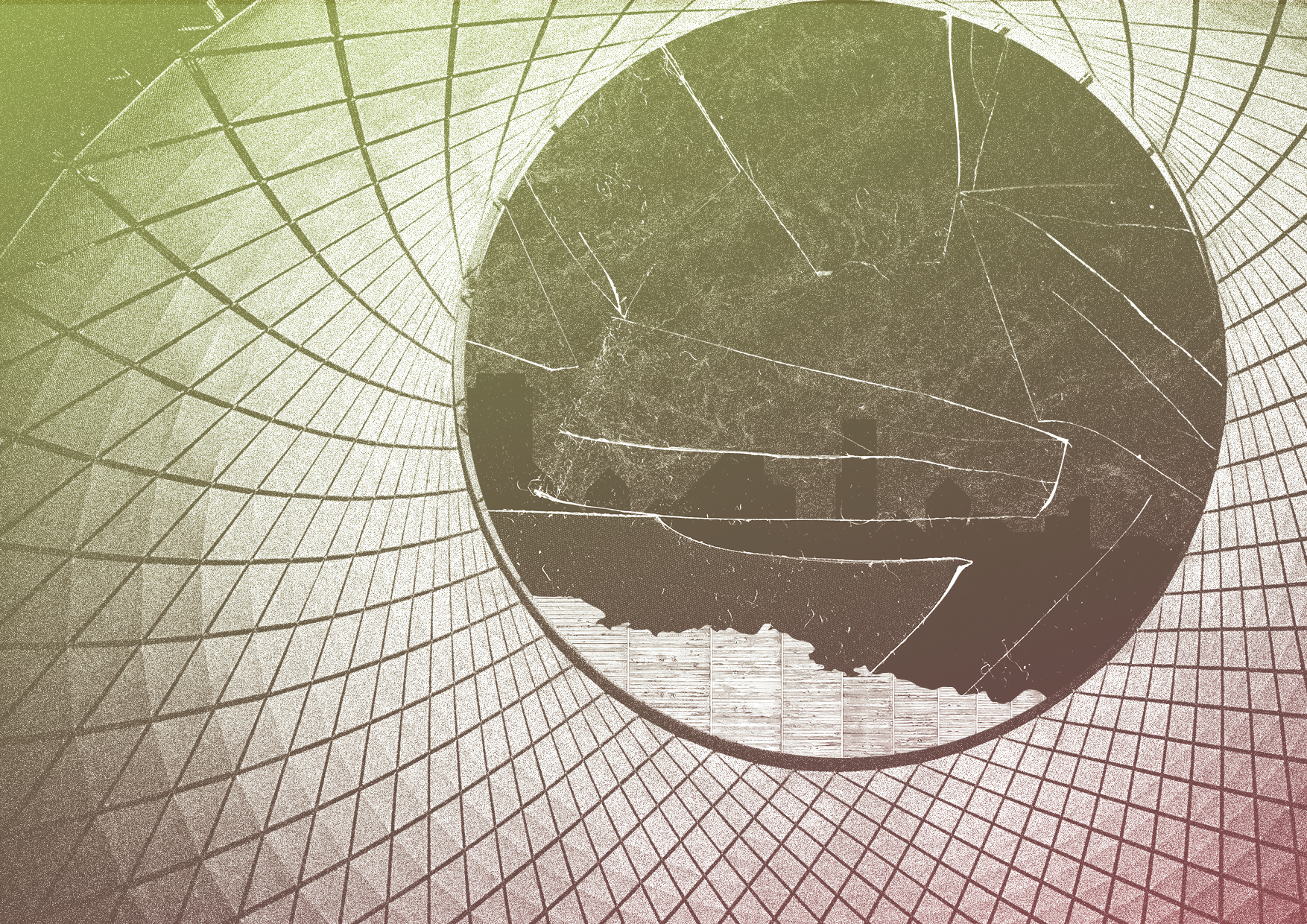About.
IT’S ALL ABOUT KNOWLEDGE & IMPACT
WISH EU stands for Working in Small Scale Detention Houses in Europe. This European project aims at supporting the implementation of small-scale and community-integrated ‘detention houses’ or facilities in Europe.
Such detention facilities enable the implementation of fundamental rights and facilitate the creation of a constructive climate for incarcerated people and staff. The increased use of detention houses in several European countries shows that policymakers recognize the value of small-scale facilities. At the same time, however, it also shows some challenges. For instance, staff members will need to apply particular working methods and skills when working in a small-scale and community- integrated setting and security will result from the quality of the relationships between incarcerated people and staff, rather than from static security measures.
The WISH EU project will meet these challenges by combining three streams of activities. First, it will centralize and disseminate the knowledge that already exists about small-scale and community-integrated detention facilities and about relational security. Second, it will create new knowledge through exchanges between practitioners, policymakers, researchers and people with lived experience in different European countries. Third, based on this newly gained knowledge, it will contribute to the development of European Rules on the Ecosystem of Small-Scale Detention Facilities and European Guidelines on Relational Security.
About.
IT’S ALL ABOUT KNOWLEDGE & IMPACT
WISH EU stands for Working in Small Scale Detention Houses in Europe. This European project aims at supporting the implementation of small-scale and community-integrated ‘detention houses’ or facilities in Europe.
Such detention facilities enable the implementation of fundamental rights and facilitate the creation of a constructive climate for incarcerated people and staff. The increased use of detention houses in several European countries shows that policymakers recognize the value of small-scale facilities. At the same time, however, it also shows some challenges. For instance, staff members will need to apply particular working methods and skills when working in a small-scale and community- integrated setting and security will result from the quality of the relationships between incarcerated people and staff, rather than from static security measures.
The WISH EU project will meet these challenges by combining three streams of activities. First, it will centralize and disseminate the knowledge that already exists about small-scale and community-integrated detention facilities and about relational security. Second, it will create new knowledge through exchanges between practitioners, policymakers, researchers and people with lived experience in different European countries. Third, based on this newly gained knowledge, it will contribute to the development of European Rules on the Ecosystem of Small-Scale Detention Facilities and European Guidelines on Relational Security.
Knowledge Workspaces Detention Houses
Crime and its approach have a major impact on those involved and society. Deprivation of liberty should make an optimal contribution to recovery and the acquisition of a valuable position in our society. Small-scale forms of detention contribute to a safe, inclusive and sustainable society for all citizens.
The complexity of social issues requires a new way of working from all those involved. A change agenda is necessary to bring about sustainable change.
That is why there are knowledge workspaces detention houses on national levels, which focuses on;
- a change in the way of thinking
- changes in culture within organizations
- support from politicians and society
- a change in the perception of public opinion
The knowledge workspace detention houses is a platform of co-creation, a learning network for practice, policy, education, science and people in neighborhoods.
Within the KWDH, a change agenda is drawn up for the long term to which activities are linked. Partners within the KWDH are represented by; policy, practice, science and experience experts, both at local and national level. In addition to scientific insights, the projects that are carried out always focus on substantial changes in practice and are (further) developed in other regions and countries by means of;
Þ Durable connection
Þ Research
Þ Dissemination of knowledge
Þ Policy development
Þ Advice/support to stakeholders
Þ Changing the perception of sanctions
The knowledge workspace detention houses and its partners ensure structural change in the field of deprivation of liberty.
Knowledge Workspaces Detention Houses
Crime and its approach have a major impact on those involved and society. Deprivation of liberty should make an optimal contribution to recovery and the acquisition of a valuable position in our society. Small-scale forms of detention contribute to a safe, inclusive and sustainable society for all citizens.
The complexity of social issues requires a new way of working from all those involved. A change agenda is necessary to bring about sustainable change.
That is why there are knowledge workspaces detention houses on national levels, which focuses on;
- a change in the way of thinking
- changes in culture within organizations
- support from politicians and society
- a change in the perception of public opinion
The knowledge workspace detention houses is a platform of co-creation, a learning network for practice, policy, education, science and people in neighborhoods.
Within the KWDH, a change agenda is drawn up for the long term to which activities are linked. Partners within the KWDH are represented by; policy, practice, science and experience experts, both at local and national level. In addition to scientific insights, the projects that are carried out always focus on substantial changes in practice and are (further) developed in other regions and countries by means of;
Þ Durable connection
Þ Research
Þ Dissemination of knowledge
Þ Policy development
Þ Advice/support to stakeholders
Þ Changing the perception of sanctions
Knowledge Workspaces Detention Houses
Crime and its approach have a major impact on those involved and society. Deprivation of liberty should make an optimal contribution to recovery and the acquisition of a valuable position in our society. Small-scale forms of detention contribute to a safe, inclusive and sustainable society for all citizens.
The complexity of social issues requires a new way of working from all those involved. A change agenda is necessary to bring about sustainable change.
That is why there are knowledge workspaces detention houses on national levels, which focuses on;
- a change in the way of thinking
- changes in culture within organizations
- support from politicians and society
- a change in the perception of public opinion
The knowledge workspace detention houses is a platform of co-creation, a learning network for practice, policy, education, science and people in neighborhoods.
Within the KWDH, a change agenda is drawn up for the long term to which activities are linked. Partners within the KWDH are represented by; policy, practice, science and experience experts, both at local and national level. In addition to scientific insights, the projects that are carried out always focus on substantial changes in practice and are (further) developed in other regions and countries by means of;
Þ Durable connection
Þ Research
Þ Dissemination of knowledge
Þ Policy development
Þ Advice/support to stakeholders
Þ Changing the perception of sanctions
The knowledge workspace detention houses and its partners ensure structural change in the field of deprivation of liberty.
Goals.
SOCIAL DESIGN MATTERS.
01. KNOWLEDGE WORKSPACES
Two main goals of the WISH EU project are, first, to centralize and disseminate the knowledge that already exists and, second, to create new knowledge through exchanges between practitioners, policymakers, researchers and people with lived experience in different European countries. These exchanges will be stimulated by the creation of Knowledge Workspaces.
A Knowledge Workspace is a sustainable and locally embedded network that brings together researchers, policymakers, practitioners and other relevant stakeholders with the aim to co-create, disseminate and evaluate knowledge and to exchange best practices and expertise that is already available in the participating countries and beyond. Such Knowledge Workspace is based on the following principles: future focused, inclusive multidisciplinary, collaboration, added value, connecting the dots and an eye for the public.
The Knowledge Workspaces that are established in the context of this project will focus on (1) the Ecosystem of Small-scale Detention Facilities and on (2) Relational Security. There are three national Knowledge Workspaces (in Belgium, France and the Netherlands) and one European think-tank with key stakeholders.
02. EUROPEAN RULES ON THE ECOSYSTEM OF SMALL-SCALE DETENTION FACILITIES
It starts with a healthy ecosystem. Different elements of an ecosystem reinforce each other when they interact to form an effective system. The reverse can also happen: a disruptive factor can throw the ecosystem out of balance. A detention context can be viewed in the same way. The different elements of that context can reinforce each other into a safe and constructive context.
When considering the ecosystem of detention houses, we look at detention from a holistic perspective, including the architecture, the social climate, security, community-integration, sustainability, work, individual needs, staff well-being and the use of technology. Indeed, the design of small-scale detention facilities is not just about architecture. It also includes the social design, which means building a positive climate for all people who work, live in or close to the building.
The European Rules on Detention Houses (ERDH) is a milestone document for the criminal justice system and reflects the larger impact of this system on society. Drafted by representatives with different legal and cultural backgrounds from all regions of Europe, the ERDH were launched on October 31st as common standards to implement small-scale, differentiated and community-integrated detention houses in the European Union, as part of a pivotal change already happening in criminal justice systems across Europe. The ERDH set out the ecosystem of a detention house on its own and as part of, and within a community and society, emphasizing sustainability. As the European Prison Rules have been common standards for large-scale prison institutions, the European Rules on Detention Houses shall form essential standards for detention houses, in order to guarantee a way of liberty deprivation that is humane and more fit for the 21st century.
03. EUROPEAN GUIDELINES ON RELATIONAL SECURITY
In order to perform optimally, staff members need to apply particular working methods and skills when working in a small-scale and community- integrated setting. For instance, security will result from the quality of the relationships rather than from static security measures. In this context, we have explored what relational security looks like in practice; in which conditions it works best; and which set of competencies professionals must have.
To develop a shared perspective on working in detention houses, we therefore invited penitentiary training academies in Europe to share their training material for staff who will work in a small-scale forms of detention. Combining this with our findings, those of scientific research and practical knowledge from examples of good practices in Europe, we have created European Guidelines on Relational Security so that (new) staff members can be trained on working in small scale forms of detention.
Goals.
SOCIAL DESIGN MATTERS.
01. KNOWLEDGE WORKSPACES
Two main goals of the WISH EU project are, first, to centralize and disseminate the knowledge that already exists and, second, to create new knowledge through exchanges between practitioners, policymakers, researchers and people with lived experience in different European countries. These exchanges will be stimulated by the creation of Knowledge Workspaces.
A Knowledge Workspace is a sustainable and locally embedded network that brings together researchers, policymakers, practitioners and other relevant stakeholders with the aim to co-create, disseminate and evaluate knowledge and to exchange best practices and expertise that is already available in the participating countries and beyond. Such Knowledge Workspace is based on the following principles: future focused, inclusive multidisciplinary, collaboration, added value, connecting the dots and an eye for the public.
The Knowledge Workspaces that are established in the context of this project will focus on (1) the Ecosystem of Small-scale Detention Facilities and on (2) Relational Security. There are three national Knowledge Workspaces (in Belgium, France and the Netherlands) and one European think-tank with key stakeholders.
02. EUROPEAN RULES ON THE ECOSYSTEM OF SMALL-SCALE DETENTION FACILITIES
It starts with a healthy ecosystem. Different elements of an ecosystem reinforce each other when they interact to form an effective system. The reverse can also happen: a disruptive factor can throw the ecosystem out of balance. A detention context can be viewed in the same way. The different elements of that context can reinforce each other into a safe and constructive context.
When considering the ecosystem of detention houses, we look at detention from a holistic perspective, including the architecture, the social climate, security, community-integration, sustainability, work, individual needs, staff well-being and the use of technology. Indeed, the design of small-scale detention facilities is not just about architecture. It also includes the social design, which means building a positive climate for all people who work, live in or close to the building.
The European Rules on Detention Houses (ERDH) is a milestone document for the criminal justice system and reflects the larger impact of this system on society. Drafted by representatives with different legal and cultural backgrounds from all regions of Europe, the ERDH were launched on October 31st as common standards to implement small-scale, differentiated and community-integrated detention houses in the European Union, as part of a pivotal change already happening in criminal justice systems across Europe. The ERDH set out the ecosystem of a detention house on its own and as part of, and within a community and society, emphasizing sustainability. As the European Prison Rules have been common standards for large-scale prison institutions, the European Rules on Detention Houses shall form essential standards for detention houses, in order to guarantee a way of liberty deprivation that is humane and more fit for the 21st century.
03. EUROPEAN GUIDELINES ON RELATIONAL SECURITY
In order to perform optimally, staff members need to apply particular working methods and skills when working in a small-scale and community- integrated setting. For instance, security will result from the quality of the relationships rather than from static security measures. In this context, we have explored what relational security looks like in practice; in which conditions it works best; and which set of competencies professionals must have.
To develop a shared perspective on working in detention houses, we therefore invited penitentiary training academies in Europe to share their training material for staff who will work in a small-scale forms of detention. Combining this with our findings, those of scientific research and practical knowledge from examples of good practices in Europe, we have created European Guidelines on Relational Security so that (new) staff members can be trained on working in small scale forms of detention.
Facts.
DARE TO BE DIFFERENT.
In most European countries there are faculties comparable to the concept of a detention house: small-scale, differentiated and integrated into the community.
FACT #1: EVEN THOUGH MOST POLICY AND SCHOLARLY ATTENTION HAS BEEN DEVOTED TO SCANDINAVIAN EXAMPLES, SMALL-SCALE DETENTION FACILITIES CAN BE FOUND IN MANY EUROPEAN COUNTRIES.
In the Netherlands, Exodus has more than 30 years of experience with small-scale facilities and runs 10 small-scale and community-integrated facilities. In Spain, an organisation called Diagrama has been working with this concept of small-scale facilities for many years. Another Spanish example is the halfway house run by Associació Pastoral Penitenciària on Mallorca. In France, the NGO Emmaus runs small-scale and community-integrated ‘prison farms’. Also the Seehaus facilities for young people (aged 14-23) in Germany are small-scale and community-integrated.
FACT #2 MALTA HAS MORE DETENTION HOUSES THAN PRISONS.
There is only one prison for adults in Malta. This prison is called the Correctional Service Agency and houses about 500 incarcerated people. The Maltese NGO RISe Foundation runs a one detention house in Valletta and is currently preparing the opening of more detention houses. These houses are small-scale and community-integrated, in which each resident is supported with his or her rehabilitation and reintegration in a personal and individualized way.
FACT #3: IN SMALL-SCALE PRISONS (<50) INCARCERATED PEOPLE AND STAFF EXPERIENCE A HIGHER QUALITY OF LIFE THAN IN LARGER PRISONS.
Research based on all high-security prisons in Norway shows that small-scale prisons with a capacity of less than 50 are associated with a higher quality of life than larger prisons (Johnsen & Granheim, 2011; Johnsen, Granheim, & Helgesen, 2011). In these small-scale prisons, the relationships between staff and incarcerated people were of better quality and staff reported more positive relationships with senior management. Moreover, British research shows that a higher quality of life in prison is linked to reduced reoffending after release (Auty & Liebling, 2020).
FACT #4 NORWAY HAS MANY SMALL-SCALE AND COMMUNITY-INTEGRATED PRISONS BUT BASTØY PRISON IS NOT ONE OF THEM.
Norway has a long tradition of small and local prisons. Several of these prisons have been described as old-fashioned and have recently even been closed down. “These small-scale prisons are indeed built in another time for another purpose and in this sense, they are old-fashioned. The material conditions are not up to date. They are not necessarily designed for interaction, nor for rehabilitation in the sense that rehabilitation is interpreted today. However, these are old-fashioned because they are old, not because they are small-scale and community-integrated” (Antonsen & Wahl Sandvold, 2022). Detailed information about the small-scale prisons in Norway can be found in this report by Katrine Antonsen & Fabian Wahl Sandvold (2022).
FACT #5 SMALL-SCALE AND COMMUNITY-INTEGRATED DETENTION HOUSES ARE MORE SUSTAINABLE THAN LARGE PRISON INSTITUTIONS.
Large prison institutions are not flexible. Building such institutions requires a lot of time and money spent on prognoses, analyses and planning. They are not easy to transform, if and when there is change in the needed capacity, ideology of punishment and trends in the correctional services. Detention houses, on the other hand, are more flexible and dynamic. As they are small and blend in with their communities, they can at any given time be rehabilitated or transformed into e.g. regular houses. This way, they tend towards environmental sustainability.
Facts.
DARE TO BE DIFFERENT.
In most European countries there are faculties comparable to the concept of a detention house: small-scale, differentiated and integrated into the community.
FACT #1: EVEN THOUGH MOST POLICY AND SCHOLARLY ATTENTION HAS BEEN DEVOTED TO SCANDINAVIAN EXAMPLES, SMALL-SCALE DETENTION FACILITIES CAN BE FOUND IN MANY EUROPEAN COUNTRIES.
In the Netherlands, Exodus has more than 30 years of experience with small-scale facilities and runs 10 small-scale and community-integrated facilities. In Spain, an organisation called Diagrama has been working with this concept of small-scale facilities for many years. Another Spanish example is the halfway house run by Associació Pastoral Penitenciària on Mallorca. In France, the NGO Emmaus runs small-scale and community-integrated ‘prison farms’. Also the Seehaus facilities for young people (aged 14-23) in Germany are small-scale and community-integrated.
FACT #2 MALTA HAS MORE DETENTION HOUSES THAN PRISONS.
There is only one prison for adults in Malta. This prison is called the Correctional Service Agency and houses about 500 incarcerated people. The Maltese NGO RISe Foundation runs a one detention house in Valletta and is currently preparing the opening of more detention houses. These houses are small-scale and community-integrated, in which each resident is supported with his or her rehabilitation and reintegration in a personal and individualized way.
FACT #3: IN SMALL-SCALE PRISONS (<50) INCARCERATED PEOPLE AND STAFF EXPERIENCE A HIGHER QUALITY OF LIFE THAN IN LARGER PRISONS.
Research based on all high-security prisons in Norway shows that small-scale prisons with a capacity of less than 50 are associated with a higher quality of life than larger prisons (Johnsen & Granheim, 2011; Johnsen, Granheim, & Helgesen, 2011). In these small-scale prisons, the relationships between staff and incarcerated people were of better quality and staff reported more positive relationships with senior management. Moreover, British research shows that a higher quality of life in prison is linked to reduced reoffending after release (Auty & Liebling, 2020).
FACT #4 NORWAY HAS MANY SMALL-SCALE AND COMMUNITY-INTEGRATED PRISONS BUT BASTØY PRISON IS NOT ONE OF THEM.
Norway has a long tradition of small and local prisons. Several of these prisons have been described as old-fashioned and have recently even been closed down. “These small-scale prisons are indeed built in another time for another purpose and in this sense, they are old-fashioned. The material conditions are not up to date. They are not necessarily designed for interaction, nor for rehabilitation in the sense that rehabilitation is interpreted today. However, these are old-fashioned because they are old, not because they are small-scale and community-integrated” (Antonsen & Wahl Sandvold, 2022). Detailed information about the small-scale prisons in Norway can be found in this report by Katrine Antonsen & Fabian Wahl Sandvold (2022).
FACT #5 SMALL-SCALE AND COMMUNITY-INTEGRATED DETENTION HOUSES ARE MORE SUSTAINABLE THAN LARGE PRISON INSTITUTIONS.
Large prison institutions are not flexible. Building such institutions requires a lot of time and money spent on prognoses, analyses and planning. They are not easy to transform, if and when there is change in the needed capacity, ideology of punishment and trends in the correctional services. Detention houses, on the other hand, are more flexible and dynamic. As they are small and blend in with their communities, they can at any given time be rehabilitated or transformed into e.g. regular houses. This way, they tend towards environmental sustainability.
Examples
MAPPING SMALL-SCALE DETENTION THROUGHOUT EUROPE.
Did you know small-scale, differentiated and community-integrated facilities can be found in many European countries?
In order to have an impact on policy and in practice, it is key that already existing knowledge reaches key stakeholders, including professionals working in small-scale facilities and policymakers implementing such facilities. Prison Insider, one of the consortium partners of the WISH-EU project, has developed an interactive map that visualizes a database of detention facilities across Europe. Throughout this European-funded project, members of the consortium identified and visited over 30 good practices from various European regions that apply one or more of the following principles: small-scale, differentiation and community-integration. Browse the map to find out what we have seen so far.
Map legend:
Orange: facilities run by a national prison administration
Gray: facilities run by a private entity
Examples
MAPPING SMALL-SCALE DETENTION THROUGHOUT EUROPE.
Did you know small-scale, differentiated and community-integrated facilities can be found in many European countries?
In order to have an impact on policy and in practice, it is key that already existing knowledge reaches key stakeholders, including professionals working in small-scale facilities and policymakers implementing such facilities. Prison Insider, one of the consortium partners of the WISH-EU project, has developed an interactive map that visualizes a database of detention facilities across Europe. Throughout this European-funded project, members of the consortium identified and visited over 30 good practices from various European regions that apply one or more of the following principles: small-scale, differentiation and community-integration. Browse the map to find out what we have seen so far.
Map legend:
Orange: facilities run by a national prison administration
Gray: facilities run by a private entity
LEARNING LABS.
A EUROPEAN THINK-TANK
Compilation of the highlights from the past Learning Labs
Lets Talk ”Rescaled” | Episode 1
Welcome to *Let’s Talk RESCALED*, the podcast where we dive deep into the heart of criminal justice reform. Hosted by Noa Shoshan and […]
LEARNING LABS.
A EUROPEAN THINK-TANK
Compilation of the highlights from the past Learning Labs
Lets Talk ”Rescaled” | Episode 1
Welcome to *Let’s Talk RESCALED*, the podcast where we dive deep into the heart of criminal justice reform. Hosted by Noa Shoshan and […]
